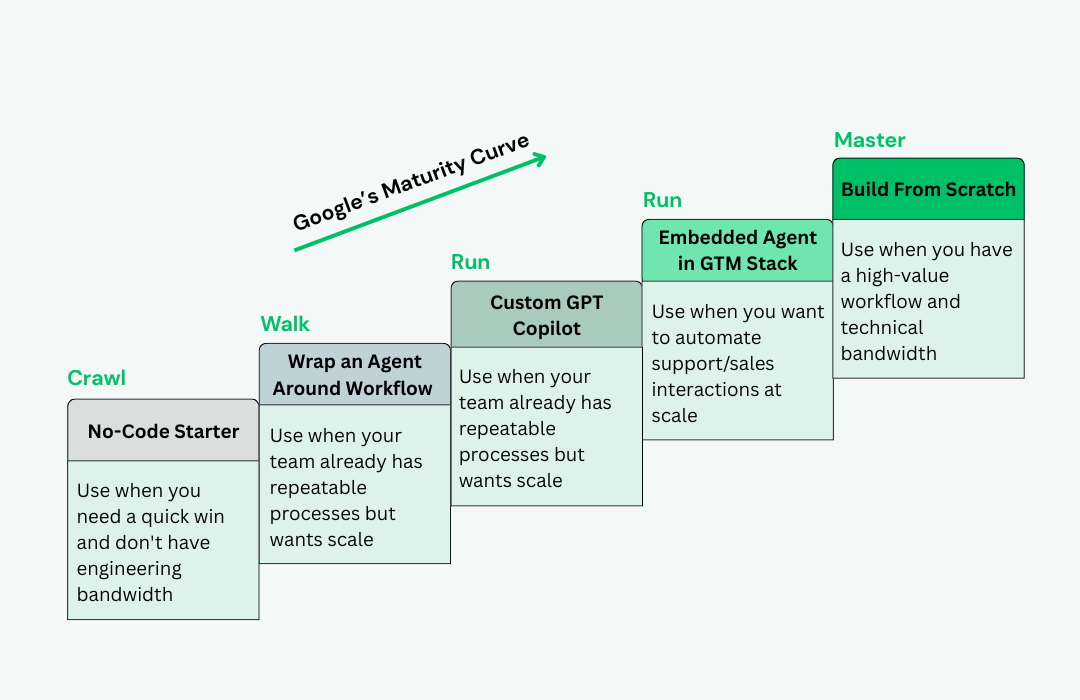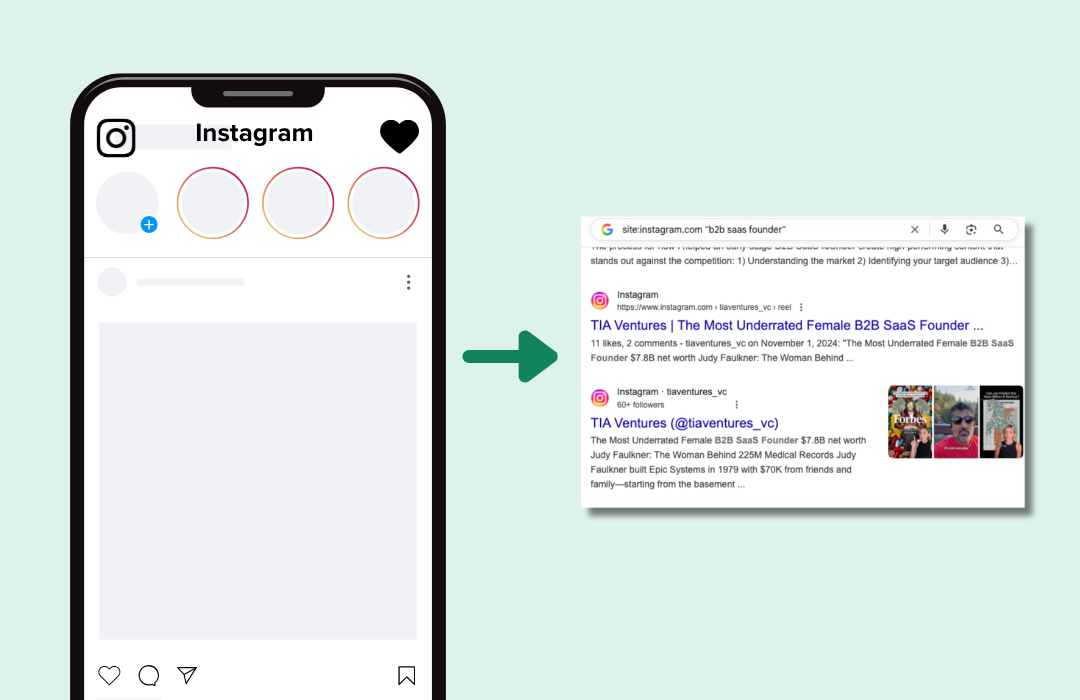Not all conferences are made the same and neither are managers. Here’s a tried and true blueprint to convince your boss to send you to that killer event you keep seeing the hype about on social media.
Prove You’re Not Wasting Time and Money On the Company’s Dime
Nothing brings more hesitation to a manager’s mind about sending you to a conference than the thought of you mindlessly schmoozing away and not actually learning something you can immediately apply to your sales process.
If you can bring your boss to realize that participating in a conference can measurably benefit your team and your company, then there’s a good chance you’ll get the go-ahead nod.
Otherwise, everybody will think you’re just planning to have a vacation in disguise — all at the company’s expense.
Attending conferences always involves an initial outlay of time and money.
Here’s the reality of what spending time at a conference means for you:
- Paused workflow
- Slight push back in project deadlines
- Colleagues stepping in to “fill your shoes” while you’re away.
Here’s the reality of what spending time at a conference means for your company:
- Spending money for conference fees
- Transportation, food, accommodation
- Other unforeseen ad-hoc costs
That said, these aren’t losses by any means. It’s an INVESTMENT; you need to put your sales skills to the test and pitch why they should invest in your professional development.
This should be pretty easy to do if you’ve already added significant value to the company. That means your manager believes in the value you’ve added, and the value you will continue to add in the future.
Step Into The Mindset Of Your Manager

Some managers readily understand and embrace the multiple benefits of attending conferences.
Especially those annual events that are fiercely anticipated by just about everyone.
Think TED, CES, SXSW. Think Mobile World Congress or the Inc. 5000 Conference.
Think INBOUND, Forbes CMO Summit, Mozcon, Revenue Summit and Sales Machine.
These conferences already speak for themselves, but some managers — for different reasons — may take further convincing to sign their approval.
What if your boss belongs to the camp of managers who consider rationalizing costs as the pinnacle of their responsibilities? What if your organization has a culture of scrimping on conferences?
Take these three basic steps to convince your boss that sending you to a conference is one of the smartest decisions he or she will ever make:
1. Fight Fear With Facts
For many people, aversion to risk and fear of the unknown fuel their reluctance to act.
A few departmental heads might withhold their approval simply because they know nothing or very little about the conference you’re so excited about.
If you cannot use facts to demonstrate why attending a particular event will reap benefits that far outweigh the expenses, then the battle is already lost.
As cited in The Wall Street Journal, employees who have a higher likelihood of persuading their bosses are those who make the strongest case via data and clear projections.
While some of the benefits conference participants gain are difficult to measure (such as newly-found energy and inspiration), most are readily verifiable or measurable in some way.
A. But first, get your facts straight:
- Conference name
- Conference date and location
- Total cost of participation
- Relevance to your work (why you should attend)
- Potential impact on your workflow (milestones and deadlines to meet, etc.)
- Key activities (e.g., discussions of emerging industry trends, training on specific skills, new solutions to a common issue, etc.)
- Key speakers
- Who else — especially among your company’s competitors and target customers — might be attending.
B. Then prepare a list of fact-based or verifiable benefits:

Fact 1 – Sales is an ever-evolving field. New technologies, skills and approaches continually emerge. Many are explored and taught during conferences.
Fact 2 – Conferences serve as excellent venues for building new connections and relationships, some of whom might be decision-makers or influencers at key vendors, competitors, or prospective client companies.
Fact 3 – Conferences present opportunities to market your brand.
Fact 4 – Conferences help meet some of HR’s continuing professional development (CPD) goals.
Fact 5 – Knowledge, skills and insights learned or discovered during conferences can be shared with colleagues to benefit your organization.
Fact 6 – Conferences generate fresh and timely content for your company. Participation signals that you are in the forefront of the industry.
2. Remove Doubt With Diligence

Your enthusiasm, diligence and willingness to go the extra mile will rub on your boss and make him/her wonder why you’re so passionate about the conference.
There are many ways to demonstrate your passion:
Option 1 – Conduct detailed research about the conference. Focus on important activities, intriguing topics, associated training, notable participants and keynote speakers.
Option 2 – Write a letter or email requesting approval to join the conference. Provide ample justification for the costs involved. For example, cite the specific activities you want to participate in and what value can be derived by joining. Include proposals on how to proactively reduce expenses, such as room sharing, flying economy, and other cost-cutting measures.
Option 3 – Create a compelling presentation deck that:
- Clearly showcases the benefits of attending
- Describes your plan on how to share and maximize said benefits across your team/organization.
3. Destroy Reluctance With ROI

Beyond demonstrating the net benefits your organization can expect to gain from participating in the conference, you should also actively work towards meeting any promised ROI.
[Tweet “If you promise ROI and don’t follow through, you’ll never get an approval to join a conference again.”]
Here are some ways to demonstrate conference ROI:
- Qualified leads generated from networking / discussions.
- Improved performance on a particular sales metric.
- Impact on bottom line figures such as increased sales.
- Improved operational efficiency (i.e., cost reductions) via a new software solution, a well-designed methodology, or a new skill that lets you do your job faster or better.
Any of these may be acquired directly from the conference or indirectly through the new relationships you have built.
Furthermore, a new batch of qualified leads, referrals and potential partners following a networking binge at the event is extremely valuable.
Itemize these ROI components and tie each with an existing metric whenever possible. This way, you establish accountability and the means of gauging success.
Strongly strongly suggest: Draw up a benefit-sharing and maximization plan and make a commitment to follow through on your word.
When You Get The Golden Nod Of Approval
Remember to thank your boss for approving your request. But don’t just mention it in passing as you meet her on the hallway. A better way is to communicate gratitude with an expressed promise to deliver the results you’ve cited in your proposal.
When You Get A NO
This might suck, but don’t take it the wrong way. The last thing you want to do is become bitter and act hasty about it.
Thank your boss just the same for taking time to review your proposal.
Follow the conference just the same through available channels such as the event’s official website and social media.
Leverage your network and get updates, snippets and new learnings from contacts who were able to join.
Find and share cases proving that participation in the conference generated substantial benefits to rival or competing organizations.
For subsequent conferences, consider alternative methods that will allow you to join. You can, for example, volunteer to be a panelist or a conference staff for sessions or activities on subjects or skills you are an expert in.
Moving Forward
Conferences will remain a key venue for networking, learning relevant skills, discovering new ideas, and staying ahead in your field or industry.
To increase the likelihood that your boss will approve your conference request, do the following:
- Take more time to plan.
- Write a compelling request letter.
- Promise and Deliver ROI.
- Understand exactly how well-known challenges at your organization can be addressed by a solution, practice, or idea slated to be explored in the conference.







